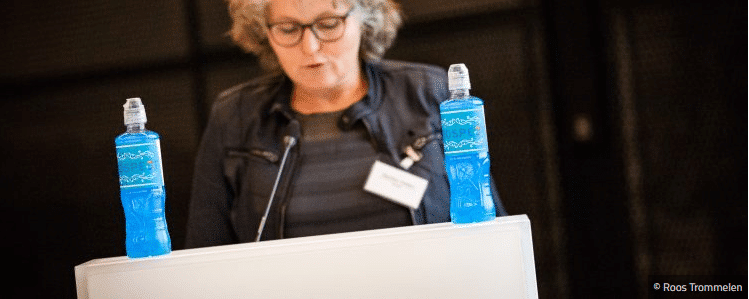
2018 was a stocktaking year for INCLUDE. With our members and network and at the Secretariat, we reflected on five years of knowledge brokering on inclusive development. This included 14 flagship international meetings, support to 17 projects in the Research on Inclusive Development in Sub-Saharan Africa Programme (RIDSSA), 7 African Policy Dialogues and more. What have we learnt? Are we closer to understanding what is needed to make development in Africa more inclusive? How can we best promote policy relevant research and knowledge brokering to better inform policy makers and practitioners? And what does that mean for our knowledge and activity agenda moving forward?
The INCLUDE Knowledge Platform was established by the Dutch Ministry of Foreign Affairs in 2012 to promote better research-policy linkages on development processes in Africa. The core of this work focuses on inclusive development – which is development that goes beyond economic growth and is not just concerned with poverty reduction, but also aims to reduce inequality. In 2014, INCLUDE defined its knowledge agenda, with six key policy domains that were commonly perceived as drivers of inequality, but that could, through strategic action, be transformed into triggers of inclusive development. These six policy areas are: economic growth with structural transformation, productive employment, social protection, access to basic services, territorial development, and inclusive governance.
The focus on inequality has proven to be essential and is gaining more and more attention in national and international policy debates. This is supported by increasing evidence on the detrimental effects of inequality – not only in terms of threatening social cohesion and political stability, but also in reducing prospects for future economic growth. INCLUDE is, thus, staying true to the vision advanced in 2012 and emphasizing even more than before the need for development, and not just economic growth, to be more inclusive. This makes the question ‘what works in promoting more inclusive development’ even more pertinent.
Here, our 2012–2018 findings provide important insights. At the risk of losing important nuances, we summarize our insights into inclusive development in one key principle: ‘Development is not automatically inclusive and inclusive development requires additional and different investments’. This principle emphasizes the importance of going beyond the assumption that all good things will automatically trickle down and echoes an important observation from the 2016 World Bank Shared Prosperity report: “a road in itself does not reduce inequality”. We know by now that wealth does not automatically trickle down and that more inclusive development requires an inclusive development lens. What this lens entails is further explained in the Inclusive Development synthesis.
A new knowledge agenda
These advances, as well as ongoing developments in the national and international policy environment, required us to take a fresh look at our original knowledge agenda. Building on our cumulative learning and a consultative process with our platform members and the Ministry of Foreign Affairs, platform members Nicholas Awortwi and Ton Dietz developed a new concept note that is available in both English and French. This concept note refines our knowledge agenda and will form the cornerstone of INCLUDE’s work in the next four years (2019–2022). The six policy domains have been sharped into four themes and four lenses. The four themes are: economic growth with transformation, work and income for women and youth, access to and use of basic services (especially education and cash transfers), and political empowerment. The four lenses are: social equity, spatial equity, inclusive governance, and political economy. These themes and lenses will guide us in further shaping our research and dialogue activities. The image below outlines the shift from the old to the new knowledge agenda.
In doing so, we also build on the lessons learnt on ‘how’ to promote evidence-informed policy making. From 2016, INCLUDE launched the African Policy Dialogues (APDs), which are initiated by its platform members. The aim of the APDs is to encourage the use of existing knowledge in policy making in selected African countries. With their alignment to national development processes and policy questions and their visible policy impact, these dialogue activities have developed into a flagship knowledge brokering activity for INCLUDE that will become more prominent in the coming year.
These cumulative lessons are also visible in the development of two new research programmes:
- First, the INCLUDE Secretariat played a crucial role in the establishment of the NWO/WOTRO Assumptions Programme, which tests the assumptions underlying the Dialogue & Dissent policy framework, with an explicit policy goal (informing the new policy framework). Importantly, this programme emphasized short-term deliverables to kick start the dialogue between researchers and policy stakeholders (including a review of the relevant existing literature) and promoted the strong participation of both policymakers and researchers in these exchanges.
- Second, the importance of such a committed cohort of researchers, including to short-term deliverables and dialogues with national and international stakeholders, is also central to our international collaboration with IDRC and ILO on youth employment in Africa. This programme combines detailed case studies on clustered youth employment interventions with evidence reviews that link the individual projects to the broader youth employment debate and learning.
We will keep you up to date on these new initiatives, findings and results!
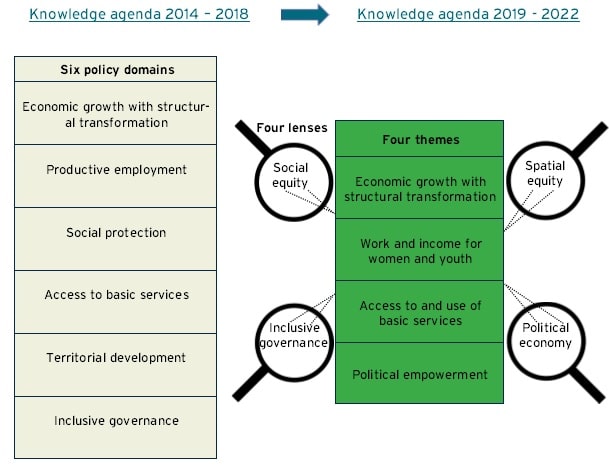
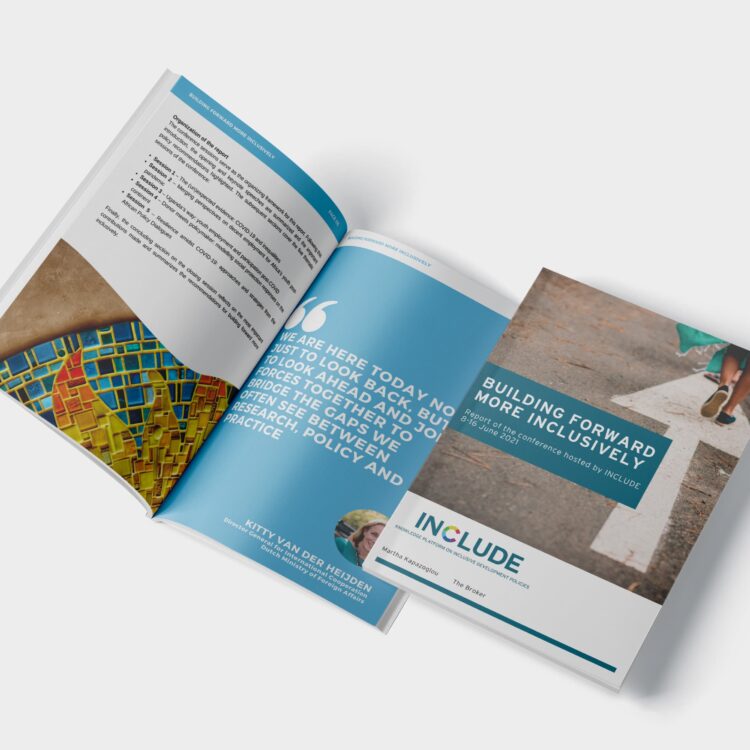
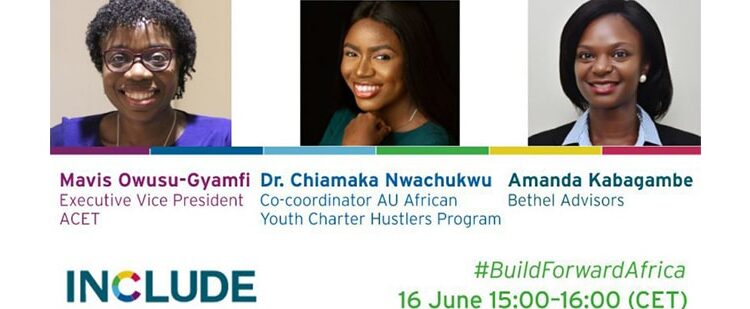
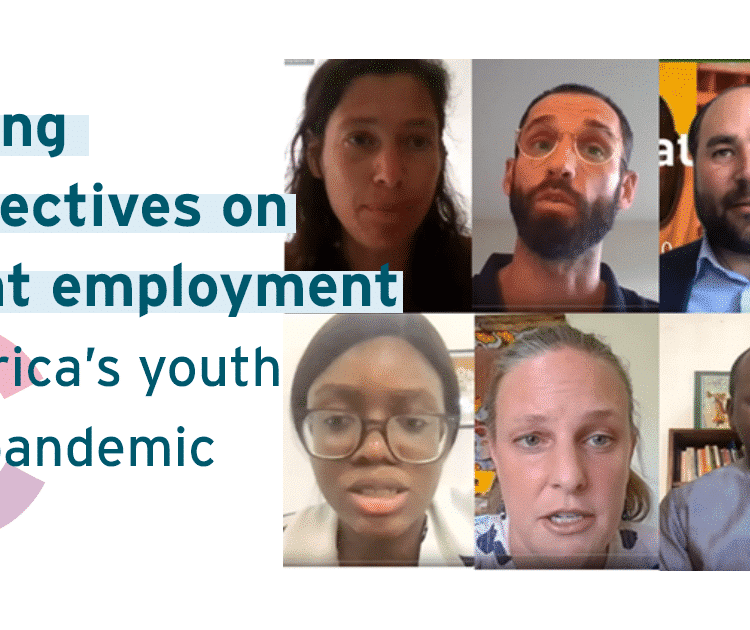
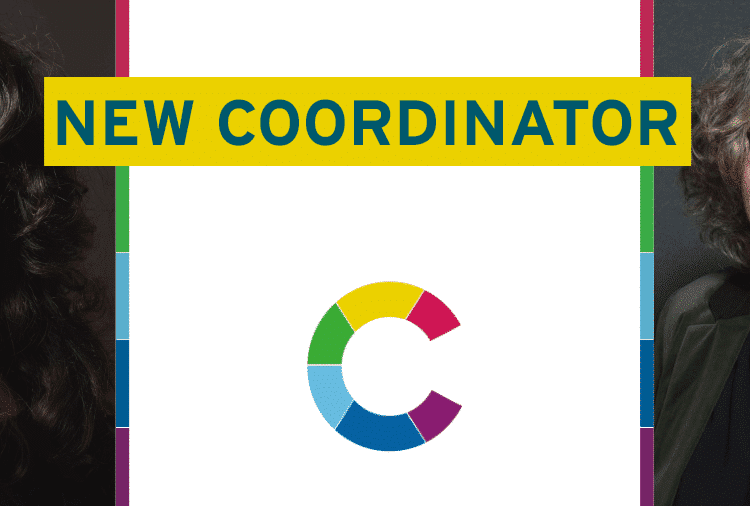
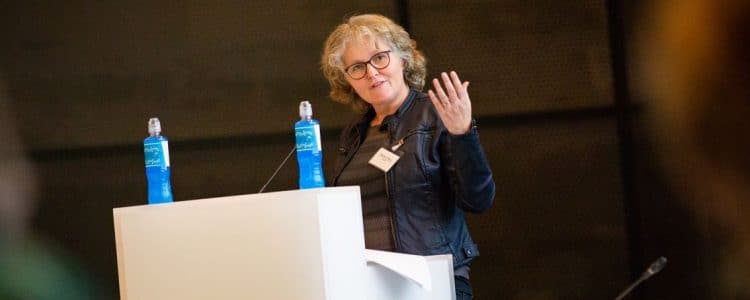
good read